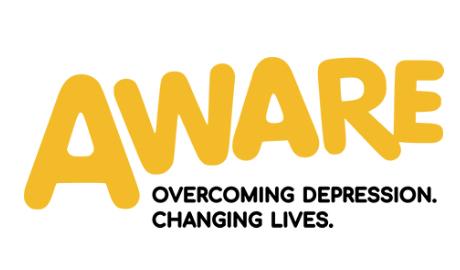Understanding Depression
Depression is more than simply feeling unhappy or fed up for a few days. We all feel down or fed-up at times but these feelings don’t usually last and are a normal response to problems or difficulties in our lives. However, when they don’t go away, or are more than we can cope with and our ability to carry out our work and have satisfying personal relationships is affected, it may be depression.
Depression is a common but treatable illness affecting an estimated 350 million people worldwide. The World Health Organisation state that depression is the leading cause of disability in the world. There are many different types of depression including postnatal depression and bipolar disorder.
There is usually more than one cause or risk factor for depression. Most of these fall into the following categories:
Hereditary: being born to a parent or close relative who has had depression may increase the risk.
Environment: Current factors like poor housing, money worries, stress, relationship problems, physical illness or loneliness.
Life events: past issues like bereavement, abuse, bullying, job loss, and relationship break-up.
Personality: people with a more sensitive personality or who have perfectionist tendencies are more vulnerable to depression. It’s not what happens to us but how we deal with it that matters.
Most people with depression probably fall into two or more of these categories, and the more factors that apply the greater the risk. However, it’s important to remember that sometimes there doesn’t seem to be any reason. There are many other symptoms of depression which you should be aware of to look out for in yourself and those around you.
You don’t have to have depression to look after your mental health. There are many things you can do to help prevent you from becoming mentally unwell including exercising and eating a healthy balanced diet.
If you are concerned about someone, whether that’s a friend or a work colleague, then have a look at the page helping someone with depression for some useful, practical tips on the help and support you can give to help that person cope with their illness.





















































